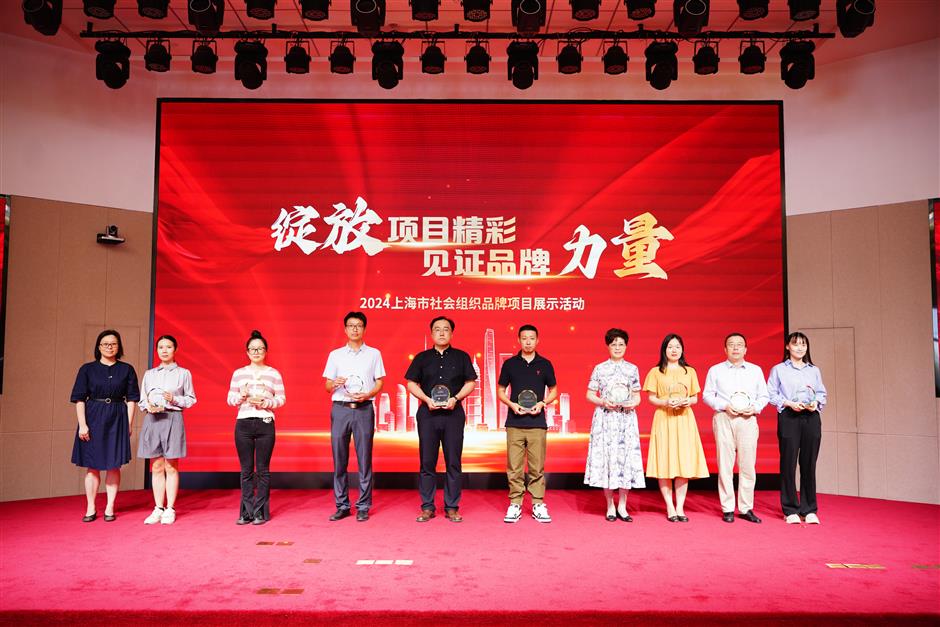
Ti Gong
The stories behind the project showcase 96 outstanding programs by the city’s social organizations.
About 25,000 students of the Shanghai University of Finance and Economics have asked questions about rural China as they visited 12,000 villages across the country in the “Thousand Villages Survey” during the past 16 years.
The project was conducted by the university’s Education Development Foundation.
“What is the reality of life in rural areas of China?” “What changes have occurred in rural China?” These and other questions were asked by the students, who left their own footprints in the 12,000 villages nationwide.
They visited 174,200 rural households, and their product – nearly 190,000 surveys covering areas such as medical treatment, senior care, education, culture, and income; and 10,000 research files have provided important references for government decision-making, and aided rural revitalization.
The stories behind the project were shared on Tuesday, showcasing 96 outstanding programs by the city’s social organizations.
Hosted by the Shanghai Social Organization Service Center under the guidance of the Shanghai Civil Affairs Bureau, the event aimed to further stimulate the vitality of social organizations, enhance their professional service capabilities, and fully leverage the role of brand projects to propel more social organizations towards sustainable and high-quality development.
 Ti Gong
Ti Gong
People listen as stories are shared.
“Students communicated with farmers and village officials, and the information they recorded was included in the survey database, which truly reflected the development of rural areas,” said Wu Jiarui, deputy secretary general of the foundation, during the event.
Wu shared that a Tibetan student visited a semi-agricultural and semi-pastoral village in the Tibet Autonomous Region that is weather-reliant for its livelihood, which was far from the economic theories he had studied in the classroom in Shanghai. He spent a long time on research and completed a survey on the importance of education from the perspective of the income gap between herdsmen and farmers.
His experience gave him a deeper understanding of the region. To contribute to his hometown, the student gave up his life in Shanghai and returned to Tibet after his graduation, where he is contributing to the rural revitalization of his hometown.
“The project organized students to delve into rural areas to conduct research and it inspired young people to tackle problems with an innovative spirit and enhance their sense of social responsibility to serve the country and its people,” Wu said.
The 96 projects on display span five areas such as urban governance, people’s livelihoods, and the development of an international cultural metropolis, and showcase the active contribution of social organizations to the economic, political, cultural, social, and ecological construction of the city.
